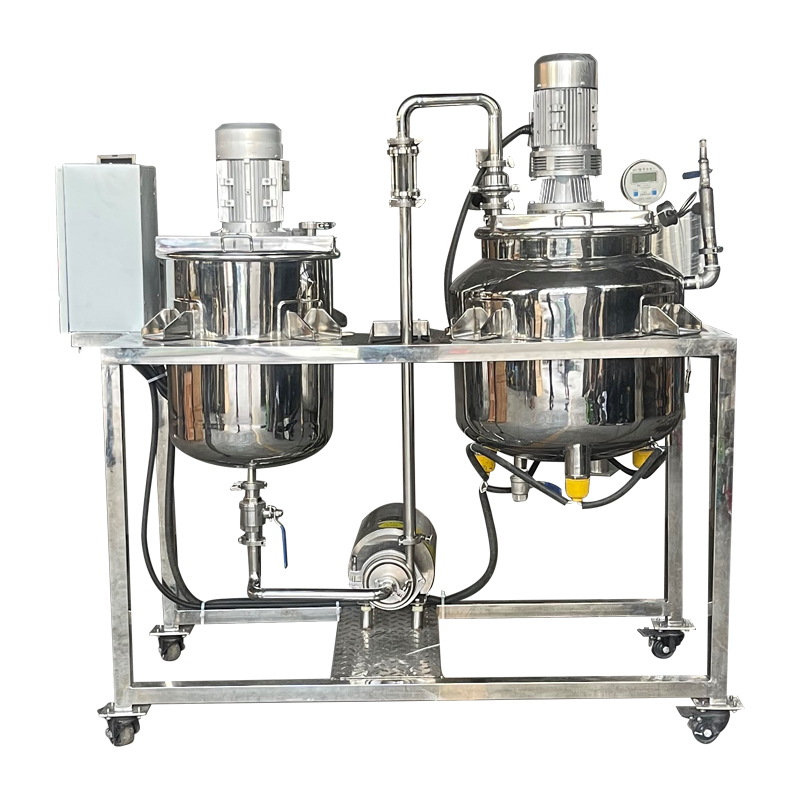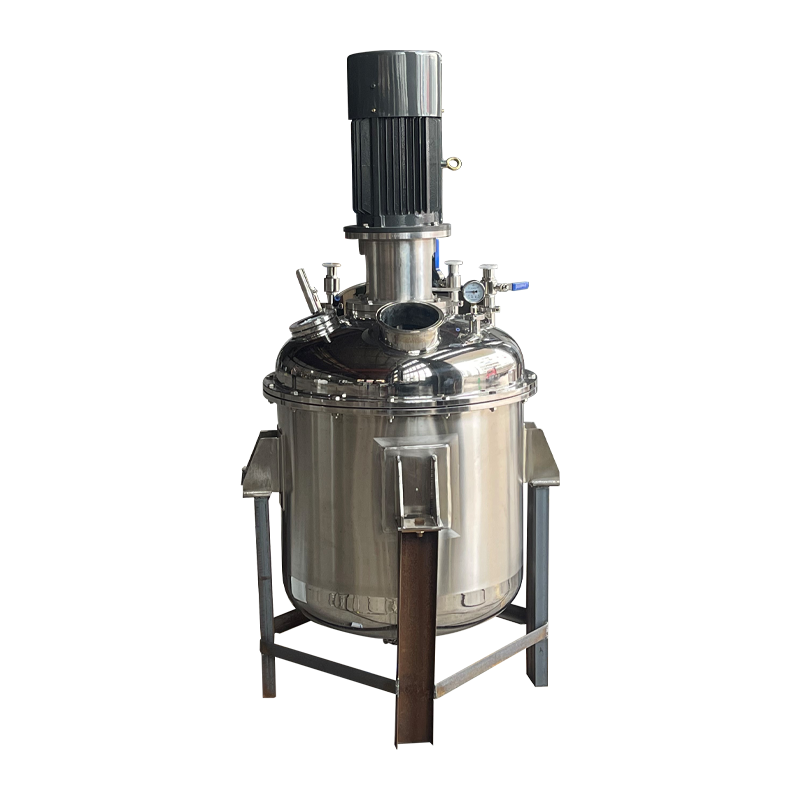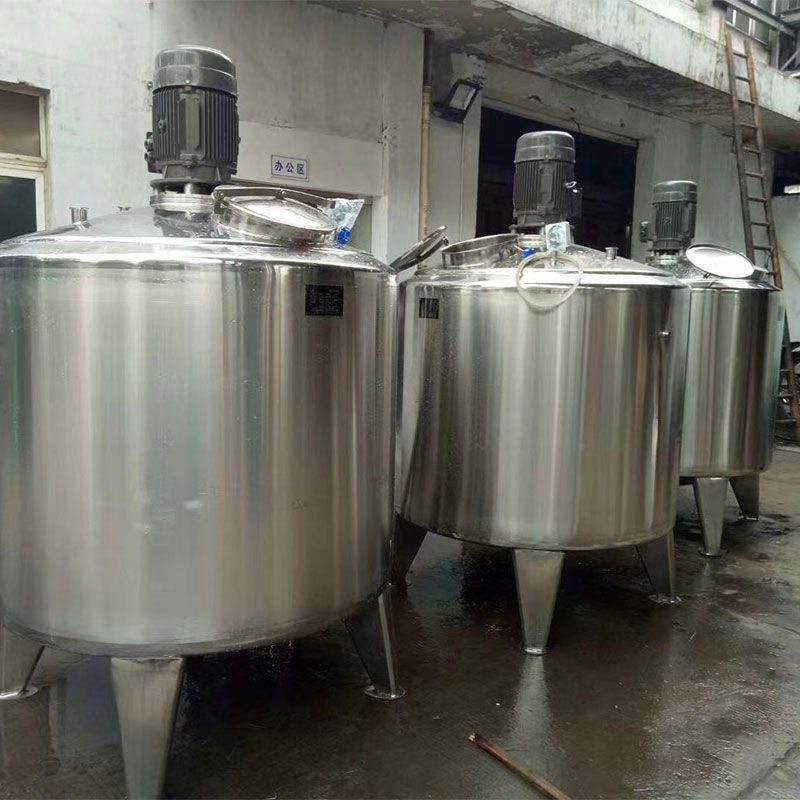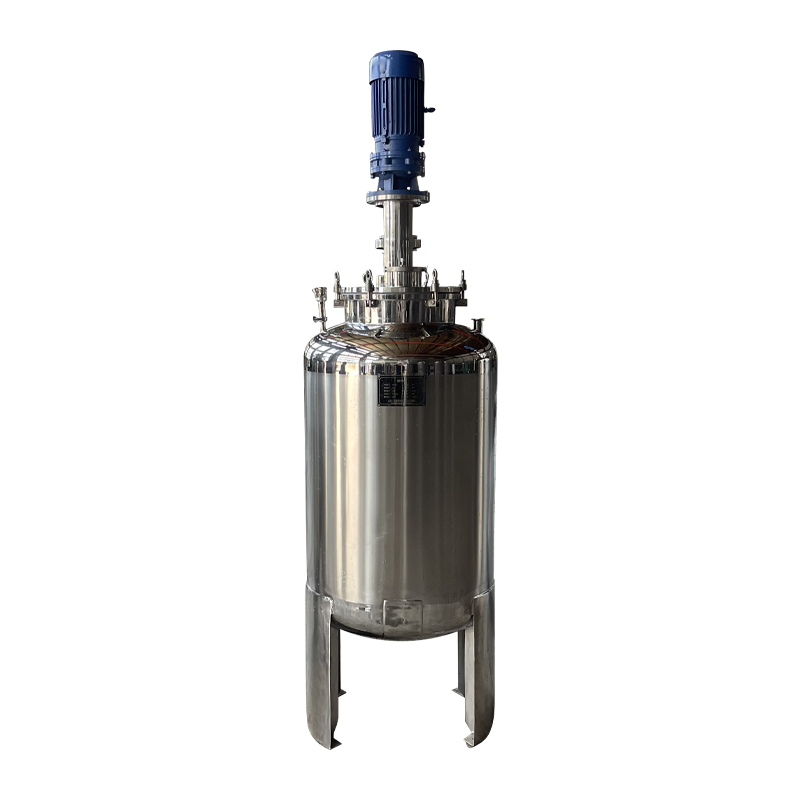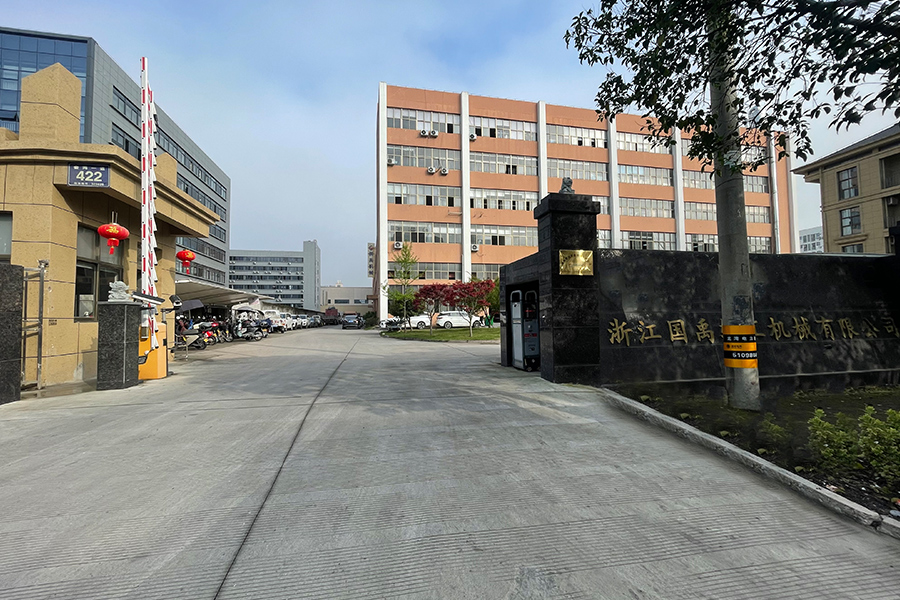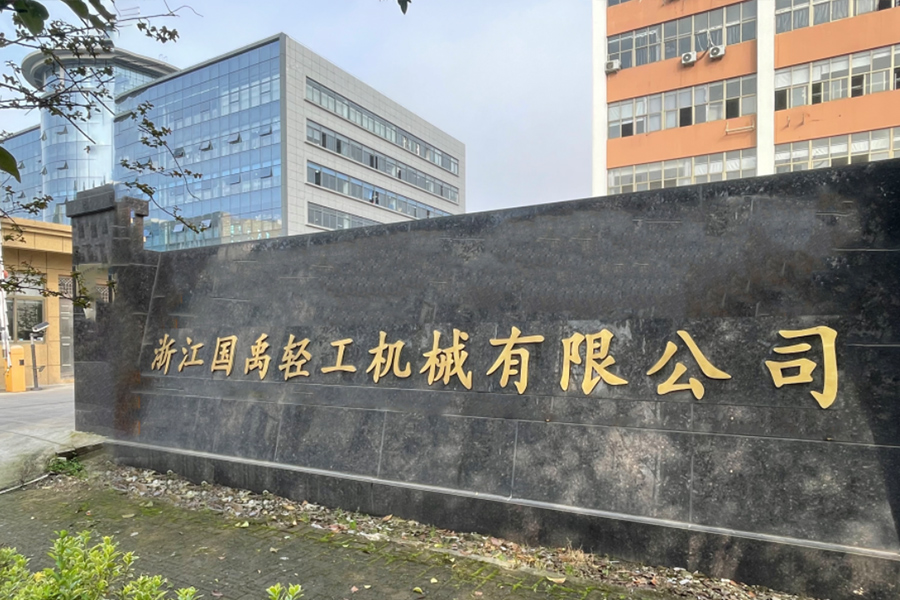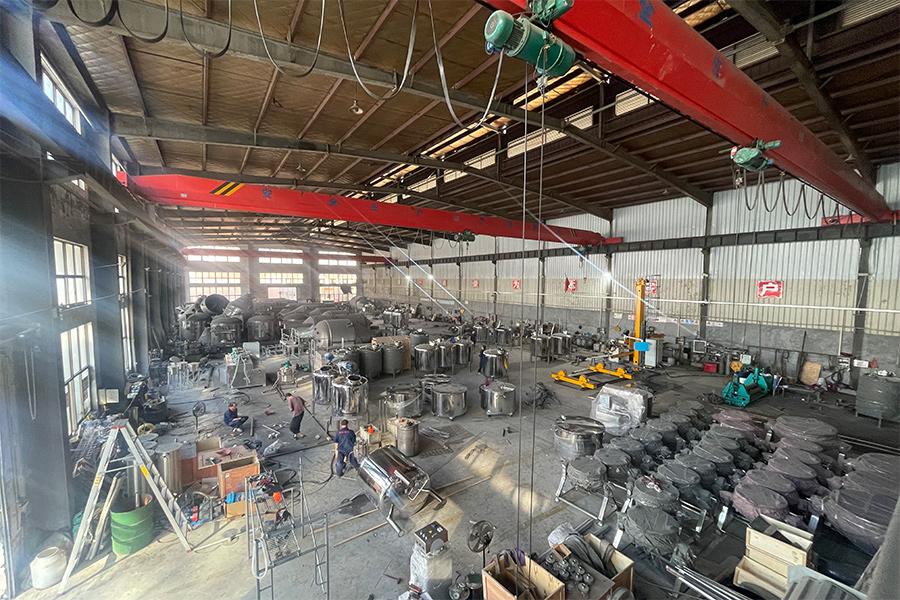A Sanitary Mixing Tank is a vessel specifically designed for blending, mixing, or dissolving ingredients in applications where cleanliness and hygiene are essential. Commonly used in the food, beverage, pharmaceutical, and cosmetic industries, these tanks are constructed from materials such as stainless steel to resist corrosion and support easy cleaning. The interior surfaces are often polished to prevent material buildup and bacterial growth. Sanitary mixing tanks may include features like agitators, heating or cooling jackets, and CIP (clean-in-place) systems. They help maintain product integrity by ensuring consistent mixing while meeting industry standards for safety and sanitation.
Applications and Advantages of Stainless Steel Mixing Tanks
A Stainless Steel Mixing Tank is a widely used vessel designed for blending liquids, suspending solids, or combining multiple ingredients in industrial processes. Its strong, corrosion-resistant construction makes it suitable for a range of sectors, including food and beverage, pharmaceuticals, cosmetics, and chemicals.
These tanks are typically constructed from food-grade stainless steel, which helps maintain product quality by resisting contamination, rust, and chemical reactions. The smooth, polished interior supports hygienic operation and easy cleaning, which is particularly important in regulated industries.
Stainless steel mixing tanks are available in various sizes and configurations to accommodate different processing needs. They often come equipped with agitators, baffles, or high-shear mixers to enhance blending efficiency. Depending on the application, they may also feature temperature control components, such as heating or cooling jackets, as well as ports for sampling, cleaning, or ingredient addition.
These tanks can be used for mixing liquids, dissolving powders, or preparing emulsions. The robust design allows for use in continuous or batch operations, making them adaptable to many production systems.
In summary, stainless steel mixing tanks provide a dependable solution for consistent, controlled mixing in environments that require durability and cleanliness. Their versatility and compatibility with sanitary standards support a wide variety of industrial applications.
Energy Efficiency and Temperature Regulation with Insulated Mixing Tanks
An Insulated Mixing Tank is designed for processes that require temperature stability during mixing, blending, or holding of liquids. These tanks are commonly used in industries such as dairy, beverages, pharmaceuticals, and chemicals where maintaining thermal consistency is important.
The tank typically includes an outer insulation layer, which reduces heat loss or gain, helping to preserve product temperature throughout processing. This insulation can improve energy efficiency and support quality control for heat-sensitive or cold-stored materials.
Insulated mixing tanks are often made from stainless steel or other non-reactive materials, with internal surfaces designed for hygienic contact. They may be fitted with agitation systems such as paddles or impellers to facilitate uniform mixing and prevent sedimentation or separation of contents.
Some models include a heating or cooling jacket to further support thermal regulation, while others rely solely on insulation to maintain temperature. The insulation layer is usually constructed from polyurethane foam, fiberglass, or other heat-retaining materials, and is enclosed in a durable exterior shell.
Applications of insulated mixing tanks include the preparation of dairy products, beverages, sauces, liquid detergents, and pharmaceutical ingredients. The ability to maintain a stable environment is useful for preserving product consistency and extending process control.
In conclusion, insulated mixing tanks offer a reliable method for mixing applications where temperature maintenance is important. Their design helps protect product integrity while improving energy usage and process efficiency.







